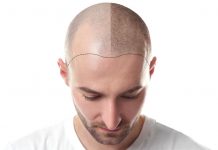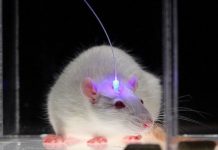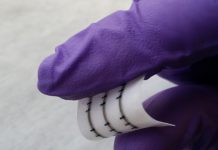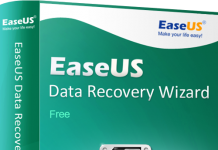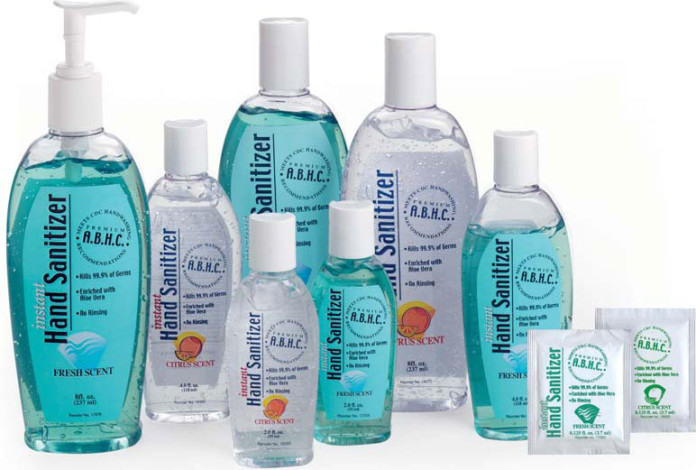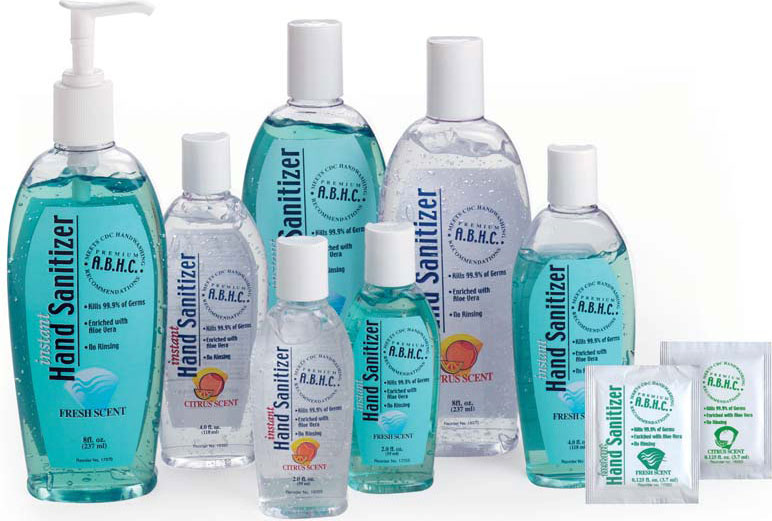Antibacterial soaps like Dettol, Safeguard and LifeBuoy provide an enticing solution to destroy bacteria that can make us sick. But triclosan, a typical ingredient in many anti-bacterial products, has come under fire for potential health and environmental hazards.
Now, the Food and Drug Administration, USA, is reviewing the research on triclosan and contemplating a ban on the chemical. That raises questions on how effectively antibacterial soaps work in the first place and what we would lose in the event that they’re taken off the market.
Does scrubbing with bacteria-destroying products really stop diseases? Or is it making issues worse?

Hand washing stays an essential strategy to keep healthy, experts stated, particularly through the winter months. But common soap and water or alcohol-based hand-sanitizers work just as well as triclosan-containing products do, with none of the potential issues.
“It’s clear that triclosan targets some bacteria however not all, but it’s not effective against viruses, and viruses cause the majority of diseases in a community setting” stated Allison Aiello, an epidemiologist at the University of Michigan School of Public Health in Ann Arbor.
“It seems strange to support or promote a product that targets specific micro organism but doesn’t actually target the viruses that trigger most of the illnesses in a family. To me, that does not make a lot of sense.”
Triclosan was first registered as a pesticide in 1969, according to a fact page maintained by the US EPA. Since then, the chemical has been added to toothpastes, hand soaps, body washes, chopping boards, toys, carpets, mattresses, garments, furnishings and all kinds of other products with the goal of combating bacteria, fungi and mildew.
At first, triclosan was thought to behave as a universal bacteria-killer however beginning in 1998, Stuart Levy and colleagues at Tufts University discovered that the chemical targets specific bacteria and that bacteria can become resistant to triclosan with a mutation in genes required to build cell walls.
A new class of antibiotics was structured like triclosan, Levy added, elevating concerns that the chemical might be contributing to the development of antibiotic-resistant bacteria by favoring the survival and growth of microbes that were immune to the chemical.
Bad hits keep coming for hand sanitizer & its key element triclosan. New research says hand sanitizers can even enhance the skin’s absorption of BPA (Bisephenol A), which is used in nearly all hard plastics.
Other research has proven that triclosan acts like a hormone disruptor in animals. Once triclosan moves from toilet drains to lakes and rivers, it also breaks down into dioxins, which might cause all types of health problems, including birth defects and cancer.
A 2006 research in Sweden found triclosan in breast milk at increased concentrations in women who used soap, deodorant or toothpaste that contained the chemical.
In a review article in 2007 in the journal “Clinical Infectious Disease”, Aiello and her colleagues looked at 27 studies that compared triclosan-containing products to common soap and found that individuals were no less likely to come down with diarrhea, coughs, fevers or skin infections if they used the chemical-laden soap in their homes.
Some studies looked particularly at the bacterial load on hands before and after washing, and likewise, most of these found no difference between the 2 kinds of soap & their capability to rid bacteria from our hands. There may be some kinds of micro organism that are more effectively killed by triclosan, Aiello added, however not many, and those bacteria are usually not the ones that trigger common diseases.
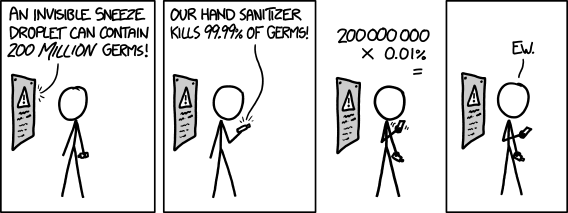
Instead of killing bacteria, regular soap simply removes bacteria from the crevices in our hands, leading them to be washed down the drain, stated Levy, director of the Center for Adaptation Genetics and Drug Resistance at Tufts. After washing with soap and water (which works considerably better than just water), he advocates drying with paper towels because bacteria can linger on moist hand towels in the lavatory.
Another good choice is to use alcohol-based hand sanitizers, which kill bacteria through dehydration. Bacteria can not easily acquire resistance to alcohol.
“Start with soap and water” Levy mentioned. “You do not have to use soaps impregnated with chemicals. Anything that is antibacterial or antimicrobial in my prevue, ought to be used prudently.”










